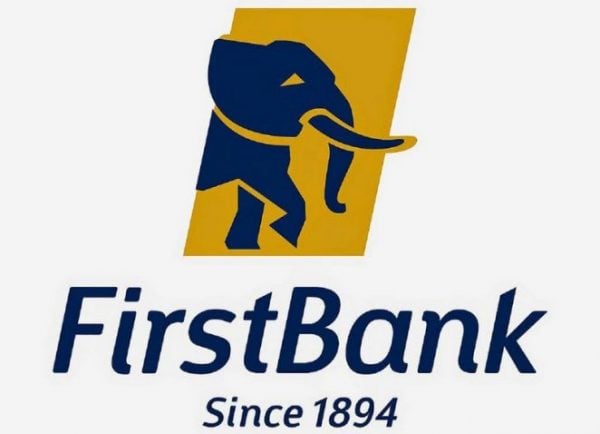NNPCL misrepresented facts on $1bn investment – Dangote
 The Dangote Petroleum Refinery has stated that the Nigerian National Petroleum Company Limited provided inaccurate and misleading information regarding its $1bn investment in the refinery’s operations.
The Dangote Petroleum Refinery has stated that the Nigerian National Petroleum Company Limited provided inaccurate and misleading information regarding its $1bn investment in the refinery’s operations.
The $20bn Lekki-based firm stressed that the facts were misrepresented in a manner that misguided stakeholders and the public about the nature and extent of the investment.
The company clarified that the $1bn crude-backed loan was only five per cent of the total investment in building the 650,000 barrels per day refinery.
On Monday, the Chief Corporate Communications Officer of NNPCL, Mr Olufemi Soneye, said the national oil firm secured a $1bn loan backed by crude oil to support the coming on stream of the 650,000 barrels per day capacity refinery.
He said the gesture represented the firm commitment to foster public-private partnership to foster economic growth.
But responding in a statement after receiving numerous inquiries from concerned stakeholders, the Group Chief Branding and Communications Officer, Anthony Chiejina, on Wednesday, described NNPCL’s claim as “misinformation.”
According to him, it is inaccurate to say NNPCL facilitated $1bn for Dangote Refinery amid liquidity challenges.
The statement titled, “Addressing NNPCL’S Misinformation”, read, “We have received numerous inquiries from the media and other concerned stakeholders seeking clarification on a recent report attributed to the Nigerian National Petroleum Company Limited that their decision to secure a $1bn loan backed by its crude was instrumental in supporting the Dangote refinery during liquidity challenges.
“We would like to clarify that this is a misrepresentation of the situation as $1bn is just about five per cent of the investment that went into building the Dangote Refinery.”
Chijiena also explained that NNPCL had proposed a 20 per cent stake investment valued at $2.76bn in the Dangote Refinery in 2021, but that didn’t materialise due to the inability of the NNPCL to supply the agreed 300 thousand barrels a day of crude.
He also noted that NNPCL was able to invest $1bn, which amounts to a 7.24 per cent equity value.
The statement continued, “Our decision to enter into a partnership with NNPCL was based on recognition of their strategic position in the industry as the largest offtake of Nigerian crude and, at the time, the sole supplier of gasoline into Nigeria.
“We agreed on the sale of a 20 per cent stake at a value of $2.76bn. Of this, we agreed that they will only pay $1bn while the balance will be recovered over a period of five years through deductions on crude oil that they supply to us and from dividends due to them. If we were struggling with liquidity challenges we wouldn’t have given them such generous payment terms. As of 2021, when the agreement was signed, the refinery was at the pre-commission stage. In addition, if we were struggling with liquidity issues, this agreement would have been cash-based rather than credit-driven.
“Unfortunately, NNPCL was later unable to supply the agreed 300 thousand barrels a day of crude given that they had committed a greater part of their crude cargoes to financiers with the expectation of higher production which they were unable to achieve.”
It added that 12 months of grace was provided for the national oil firm to fulfil its obligations, which were still not met, hence a downgrade of its equity share to 7.5 per cent.
He explained, “We subsequently gave them 12 months to pay cash for the balance of their equity given their inability to supply the agreed crude oil volume. NNPCL failed to meet this deadline which expired on June 30th 2024. As a result, their equity share was revised down to 7.24 per cent. These events have been widely reported by both parties.
“It is, therefore, inaccurate to claim that NNPCL facilitated a $1bn investment amid liquidity challenges. Like all business partners, NNPCL invested $1bn in the Refinery to acquire an ownership stake of 7.24 per cent stake which is beneficial to its interests.
“NNPCL remains our valued partner in progress, and it is imperative for all stakeholders to adhere to the facts and present the narrative in the correct context, to guide the media in reporting accurately for the benefit of our stakeholders and the public,” the statement concluded.







